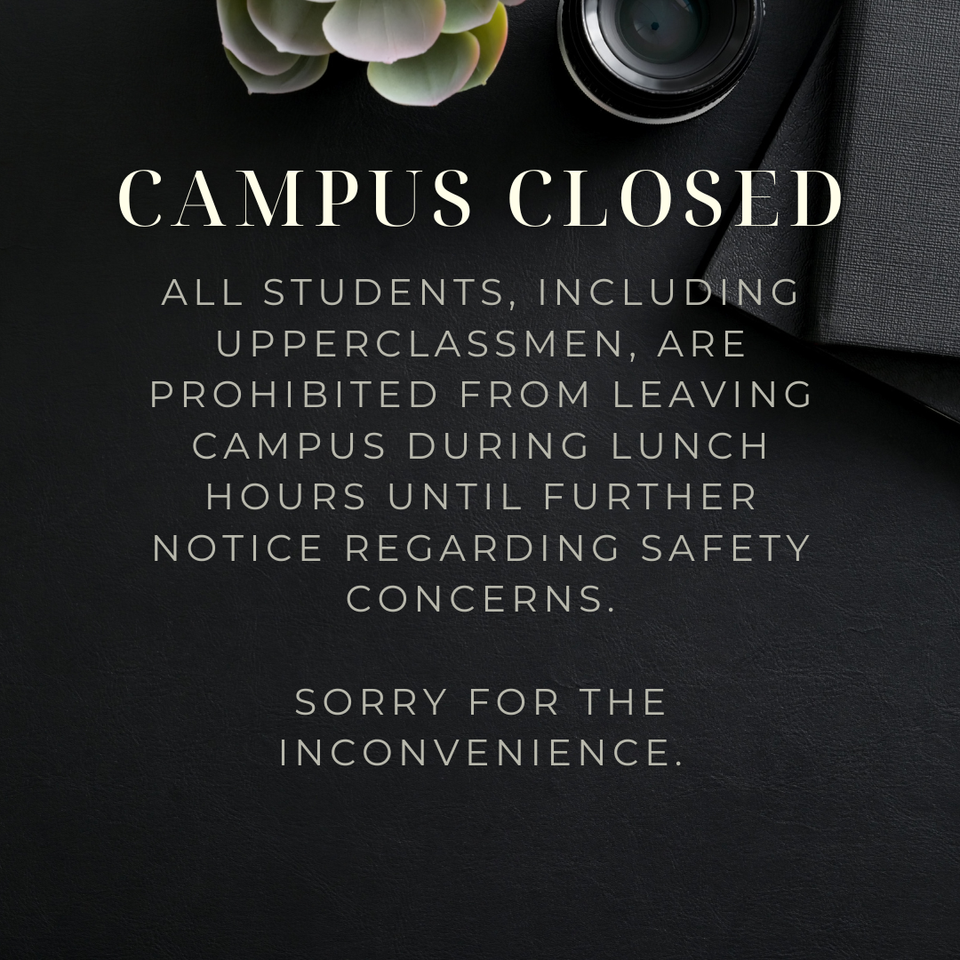Did you know that the average person swallows eight spiders per year in their sleep?
Surely you’ve heard this fact before, whether on the internet or from a friend.
It’s completely fake. Someone came up with this “fact” to troll people and see how absurd a fact they could believe, just because it was on the internet.
If you’ve ever shared it, discussed it with another person, or even thought about it before going to bed, you’ve been trolled.
There is no scientific evidence to support the claim that you will swallow eight spiders while asleep. Spiders want nothing to do with you, especially your mouth.
According to snopes.com, a popular fact-checking website, “This ‘statistic’, ‘the average person swallows eight spiders per year’ was not only made up out of whole cloth, but it was also invented as an example of the absurd things people will believe simply because they come across them on the Internet.”
No one does research nowadays. Even I’m guilty of this. It’s so much easier to trust the information you find on TikTok, or what you see as you’re scrolling through your Instagram feed. Especially when it’s a sensitive topic. Why would someone lie about something so creepy?
Our generation shouldn’t be this ignorant when it comes to media literacy. Gen Z was practically raised on the internet, and we still don’t know how to be smart about what we do with it. Why do we still share supposed news posts on Instagram with our stories? The ones with no description or backup? The ones full of obvious inflammatory propaganda?
We decided to find out for ourselves how easy it is to lie on the internet. We created an Instagram account called @monarch.insight, cropped the profile picture poorly, and stated in the bio, “Administration-run account.”
After one post about the four-day weekend, and another about spirit week, it seemed real enough. We posted an announcement after school on February 29, claiming that for the foreseeable future, “All students, including upperclassmen, are prohibited from leaving campus during lunch hours until further notice regarding safety concerns. Sorry for the inconvenience.”
One Mix staff member and their friends posted it on their Instagram stories to ‘spread the word.’ Principal Greg Doan and the Mohi Mix staff were all notified before the post. People started reposting the story almost immediately.
In just 4 hours, five comments had appeared under the original post.
“This is school not a prison,” one brave soul said.
The account gained 40 followers after the post. Friends who reposted the post on their story started to get responses immediately.
“What? Why? Not that I leave anyway.”
“Is this real? There’s no way.”
“We can just sneak out.”
“I don’t mean to be a jerk but nobody is taking that seriously.”
But people did!
Principal Doan, originally in on the plan, had been stopped in the hallway and questioned about the post. French teacher Jenifer Farrell had an in-class discussion on the post’s credibility. The librarians were asked to email the administration.
In minutes, you could have figured out that the Instagram account was not a credible source. Not only was the profile picture cropped incorrectly, but the earliest post was from just a week before. No other administration had addressed the policy. No emails, no calls, nothing.
Yet people still believed it.
With Instagram, Twitter, and TikTok, it’s been easier than ever to spread misinformation online. With a catchy design and a decent following, you could spread any made-up information on the internet in a matter of seconds, without any prior research.
Laziness is a threat to our society.
Check the source. Check if the post is credible, see if any author or names are listed, check when it was published, see if the post has a professional layout, and do some research on the information listed. Does the post use emotional language? Does it show heavy bias? What does the post accomplish?
The Instagram post about the closed campus was harmless. Not everything on the internet is. Because of fake news, deep fakes, and trolls, truth itself is threatened when the public becomes too lazy to check their news.
The more misinformation spreads, the more people vote for candidates who lie about their beliefs. The more people choose the wrong side in conflict. The more people fall prey to others’ opinions, falsely believing they are informed.
STAFF EDITORIAL: We trolled you
Social media experiment exposes Gen Z’s gullibility online
This fake Instagram post was made on our fake Instagram account that claimed to be run by the administration. Hundred of students, teachers, and parents believed this was real, despite numerous giveaways
March 26, 2024
0


































